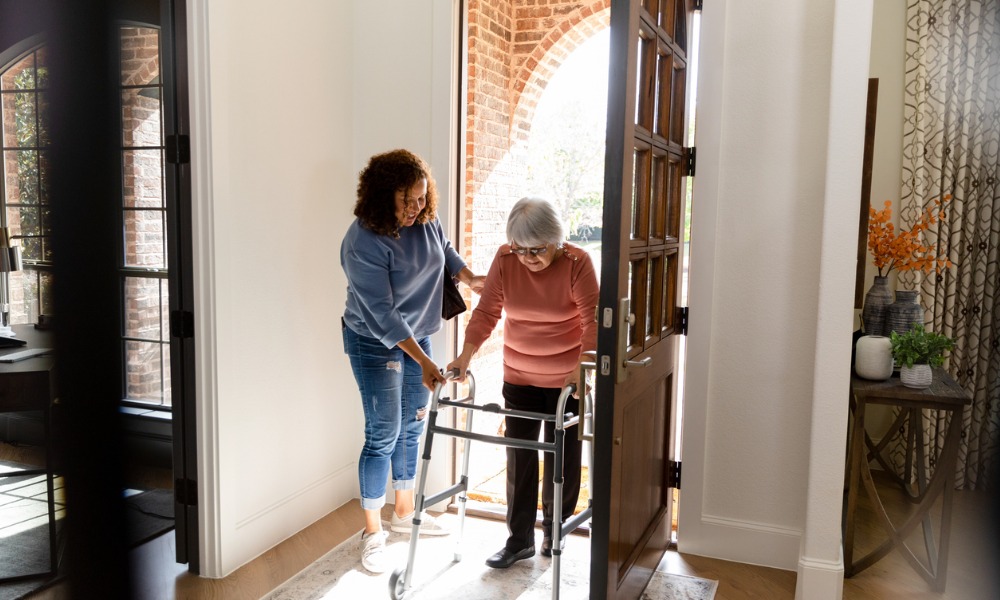
1.8 million Canadians cite mental health issues such as isolation, anxiety and irritability

Being an unpaid caregiver can be detrimental to Canadians’ wellbeing, for many of those "sandwiched" between multiple care responsibilities, according to Statistics Canada (StatCan).
Unpaid caregivers are those taking care of youth or children and adults with a long-term condition or disability.
And those with multiple care responsibilities report that the experience had negative impacts on their physical and mental wellbeing, according to the StatCan report.
This includes being worried or anxious, feeling overwhelmed, depressed or resentful, feeling isolated and lonely, and experiencing disturbed sleep or a loss of appetite.
|
Impacts on health and well-being because of caregiving responsibilities among those with caregiving responsibilities the past 12 months in 2022 |
|||
|---|---|---|---|
|
Impact |
“Sandwiched” caregivers (% of those who experience the impact) |
Caregivers taking care of adults (% of those who experience the impact) |
Caregivers taking care of children (% of those who experience the impact) |
|
Tired |
69% |
52% |
52% |
|
Worried/anxious |
65% |
55% |
31% |
|
Overwhelmed |
50% |
34% |
32% |
|
Short-tempered/ irritable |
39% |
30% |
28% |
|
Disturbed sleep |
38% |
31% |
25% |
|
Depressed |
26% |
23% |
11% |
|
Resentful |
20% |
16% |
10% |
|
Isolated |
18% |
14% |
13% |
|
Lonely |
17% |
15% |
11% |
|
11% |
9% |
6% |
|
Unpaid caregivers across 12 countries reported unprecedented burnout (70 per cent) during the height of the COVID-19 pandemic.
In 2022, 13.4 million Canadians aged 15 years and older (42%) provided unpaid care in the previous 12 months to children younger than 15 years old or to youth aged 15 years and older and adults with a long-term condition or disability, according to StatCan.
Among them, 1.8 million Canadians (13%) provided care to both of these care-dependent groups, StatCan notes in the report titled Sandwiched” between unpaid care for children and care-dependent adults: A gender-based study.
Among them, many were sandwiched between:
In 2022, women (7%) were slightly more likely to be sandwiched caregivers than men (5%) in the 12 months preceding the survey.
Companies need to offer caregiving leave, said Bianca Padilla, cp-founder and CEO of Carewell, a fully remote e-commerce outlet providing caregiving guidance, education and a wide assortment of health care products.
Canadians spend 5.7 billion unpaid hours each year on caregiving, with many of them struggling to balance the conflicting demands of care and paid work, according to The Canadian Centre for Caregiving Excellence (CCCE).
Here are some tips to support employee elder caregivers, from Larry Nisenson, senior vice president and chief commercial officer for Genworth U.S. Life Insurance Segment.